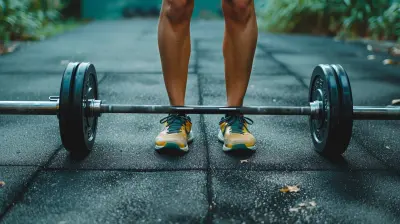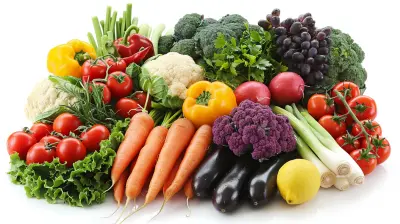How Hydration Fits Into a Plant-Based Diet
17 November 2025
Introduction
Ever wondered how hydration plays a role in your plant-based lifestyle? Sure, you’re loading up on veggies, fruits, grains, and legumes—but are you drinking enough water? You might think, “Well, plants are full of water, so I’m good, right?” Not exactly. While plant-based foods do contribute to hydration, your body still needs proper water intake to function optimally.
In this article, we’ll dive deep into why hydration is crucial in a plant-based diet, how much water you really need, and the best ways to stay hydrated without just chugging glass after glass of plain old H₂O.
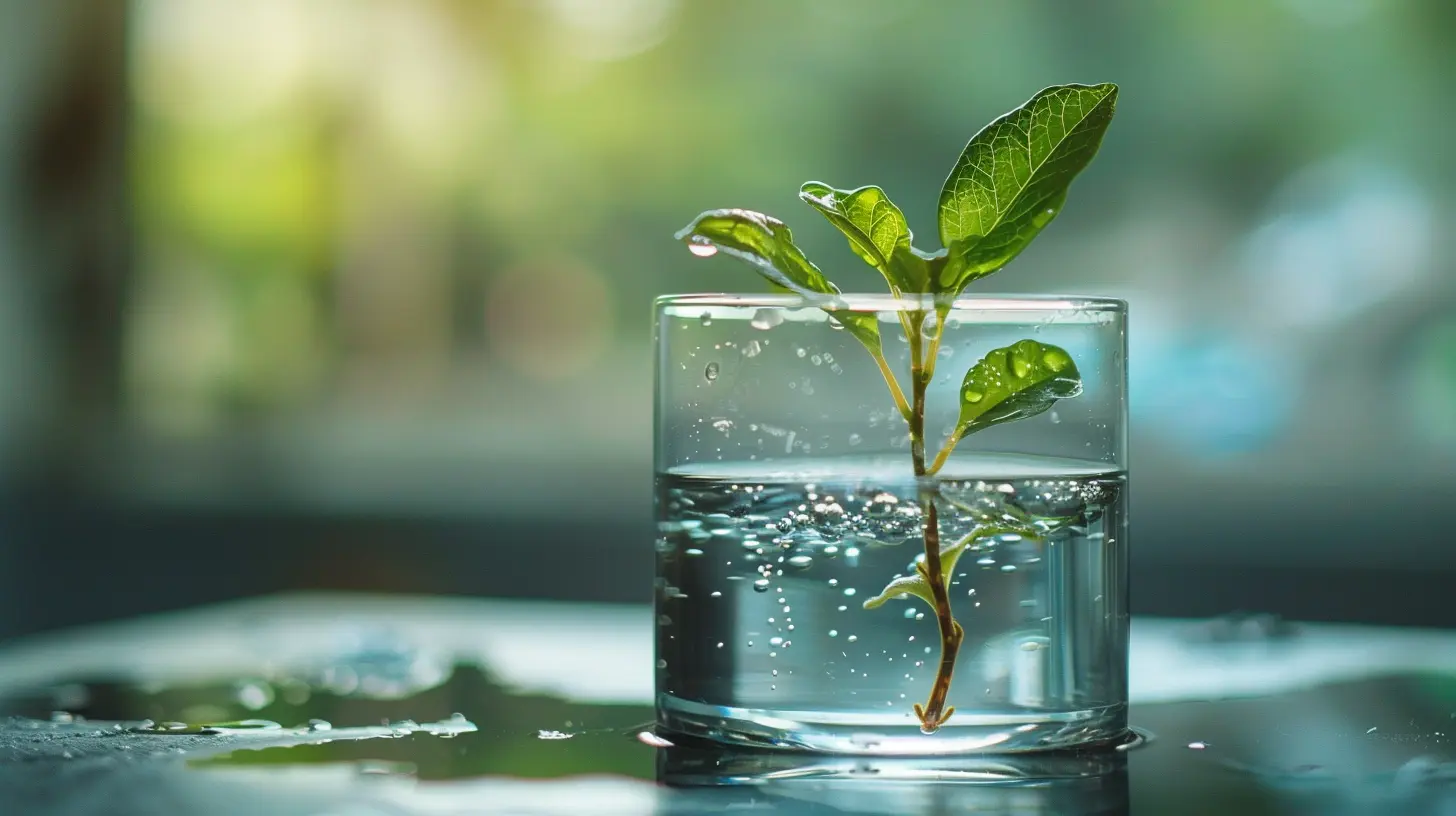
Why Hydration is Essential in a Plant-Based Diet
Water is the Foundation of Health
No matter what diet you follow, your body needs water to survive. It makes up about 60% of your body and plays a role in nearly every function, from regulating temperature to flushing out toxins. But when you eat a plant-based diet, your hydration needs can look a little different.A diet rich in fiber, for example, requires extra water to help move things along in your digestive system. Without enough water, fiber can do the opposite of its intended job and leave you feeling bloated or constipated.
The Fiber-Hydration Connection
Plant-based eating naturally means consuming a lot of fiber from fruits, vegetables, legumes, and whole grains. While fiber has amazing benefits, like keeping digestion smooth and supporting gut health, it soaks up water like a sponge. This means if you're not drinking enough, you could actually become dehydrated even while eating a nutritious plant-based diet.So, what's the solution? Drink enough water to help fiber do its job! Otherwise, you might experience bloating, sluggish digestion, and even headaches caused by dehydration.

How Much Water Do You Really Need?
You’ve probably heard the good old “drink 8 glasses a day” rule, but hydration isn’t a one-size-fits-all deal. Your ideal water intake depends on several factors, including:- Your activity level
- The climate you live in
- How many water-rich foods you consume
- Your individual body size
A better guideline is to aim for half your body weight in ounces of water per day. So, if you weigh 150 lbs, you’d need about 75 ounces of water daily.
But here’s the kicker—if you’re eating plenty of water-rich foods (like cucumbers, watermelon, and lettuce), you may not need to drink quite as much. That leads us to our next point…
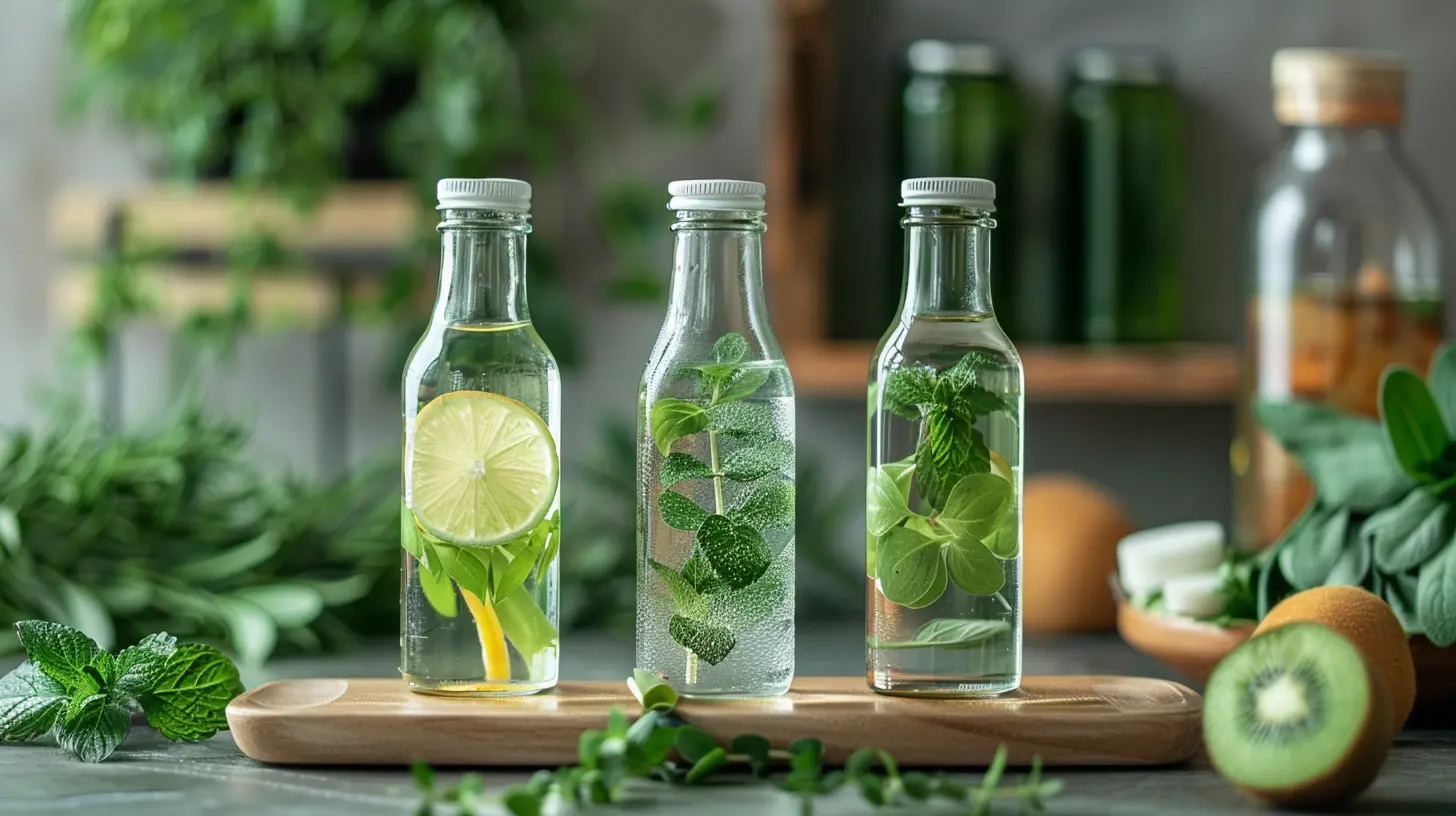
Hydrating Through Plant-Based Foods
Water-Rich Fruits and Vegetables
One of the best things about a plant-based diet is that many foods naturally contain high amounts of water. Some of the top hydrating foods include:- Cucumber (96% water)
- Watermelon (92% water)
- Strawberries (91% water)
- Celery (95% water)
- Lettuce (95% water)
- Bell Peppers (92% water)
- Cantaloupe (89% water)
By loading up on these hydrating foods, you're not only getting essential vitamins, minerals, and fiber, but you're also giving your body a hydration boost without even thinking about it.
Hydration Beyond Just Water
If you struggle to meet your daily water intake, don’t worry—there are plenty of other ways to stay hydrated. Try:- Herbal teas – Chamomile, peppermint, or hibiscus teas are refreshing and hydrating.
- Coconut water – A natural source of electrolytes that helps replenish lost fluids.
- Smoothies – Blending hydrating fruits with liquid-based ingredients (like almond milk or coconut water) is a great hydration hack.
- Soups and broths – A warm bowl of vegetable soup can do wonders for hydration.
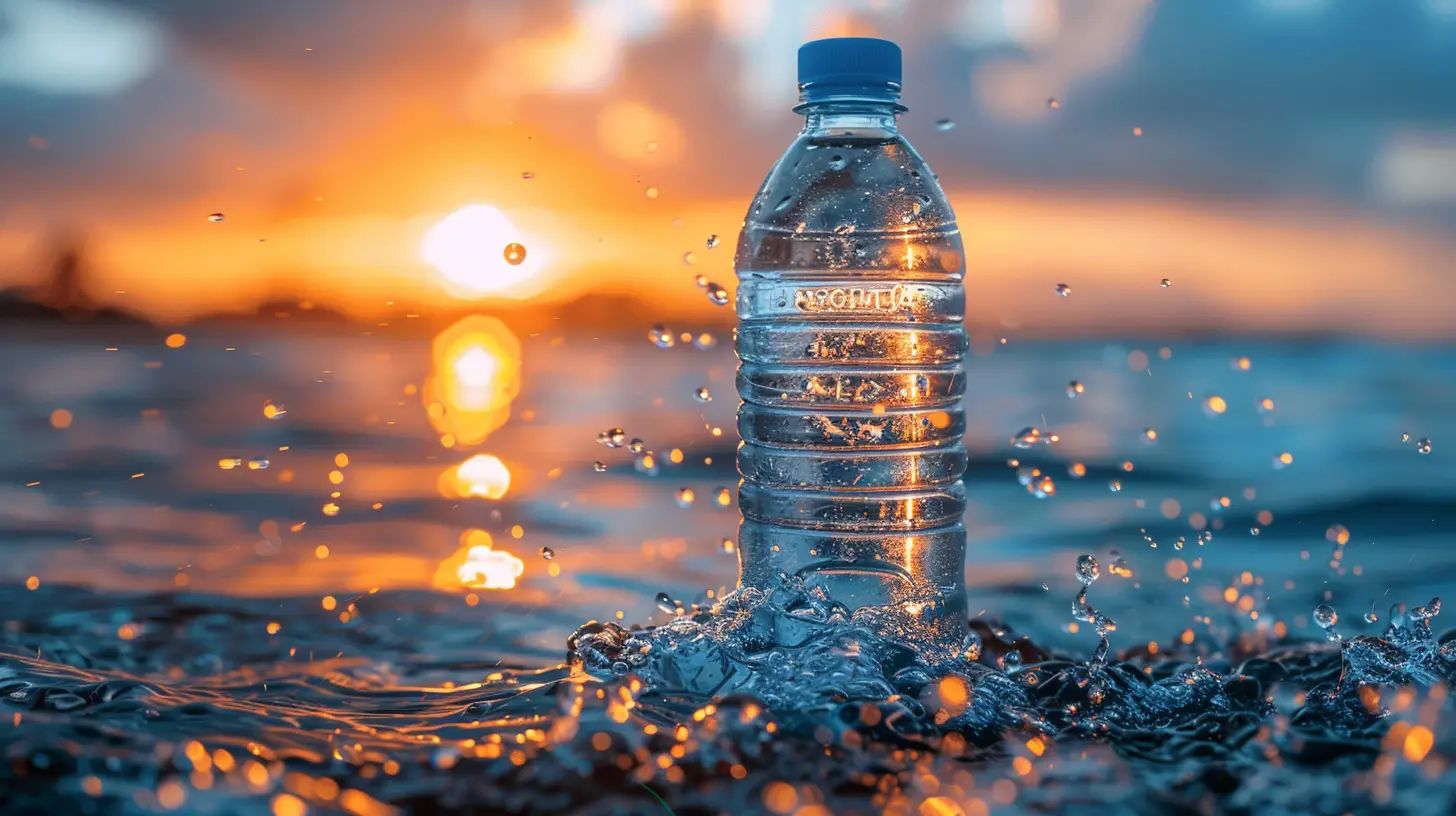
Signs You Might Be Dehydrated
It's easy to overlook dehydration, especially when you're following a diet filled with water-rich foods. But your body will give you some pretty clear warning signs if you're not drinking enough. Watch out for:- Feeling constantly thirsty
- Dark yellow urine (light yellow or clear is ideal)
- Dry skin or lips
- Fatigue and brain fog
- Constipation or sluggish digestion
- Frequent headaches
If any of these symptoms sound familiar, it's time to up your water game!
Best Practices for Staying Hydrated on a Plant-Based Diet
1. Start Your Day with Water
Before reaching for your morning coffee or tea, drink a glass of water. This helps kickstart digestion, flush out toxins, and rehydrate your body after hours of sleep.2. Keep a Reusable Water Bottle Handy
Having water within arm’s reach makes it way easier to sip throughout the day. Go for a bottle with time markers to remind yourself to drink consistently.3. Eat More Hydrating Foods
Snack on cucumbers, watermelon, or fresh berries throughout the day to increase your water intake effortlessly.4. Infuse Your Water with Flavor
Not a fan of plain water? Add lemon, lime, mint, or cucumber slices to make it more refreshing.5. Track Your Intake
Use a hydration-tracking app or set reminders on your phone to ensure you're drinking enough.
Does Hydration Affect Energy Levels?
Absolutely! Dehydration can leave you feeling drained and sluggish. When you’re well-hydrated, your body transports nutrients more efficiently, regulates body temperature, and maintains proper brain function—all crucial for sustained energy!If you ever feel sluggish in the afternoon, try drinking a glass of water before reaching for a caffeine fix. You might just find that dehydration was the real culprit.
Final Thoughts
Hydration is often underrated, but it’s incredibly important—especially on a plant-based diet. With all the fiber you're consuming, drinking enough water ensures your digestion stays on track and your body functions at its best.Luckily, staying hydrated doesn’t have to be complicated. Between water-rich foods, smoothies, herbal teas, and good ol’ H₂O, you’ve got plenty of ways to meet your daily needs.
So, next time you enjoy a big plant-based meal, don’t forget to hydrate! Your body will thank you for it.
all images in this post were generated using AI tools
Category:
HydrationAuthor:

Laura Hudson
Discussion
rate this article
1 comments
Vincent McPherson
Hydration is essential in a plant-based diet, as it enhances nutrient absorption and digestion. Prioritize water-rich foods and adequate fluid intake for optimal health.
November 27, 2025 at 5:29 AM

Laura Hudson
Absolutely! Hydration plays a crucial role in maximizing the benefits of a plant-based diet by improving digestion and nutrient absorption. Prioritizing water-rich foods and staying well-hydrated is key to overall health.
